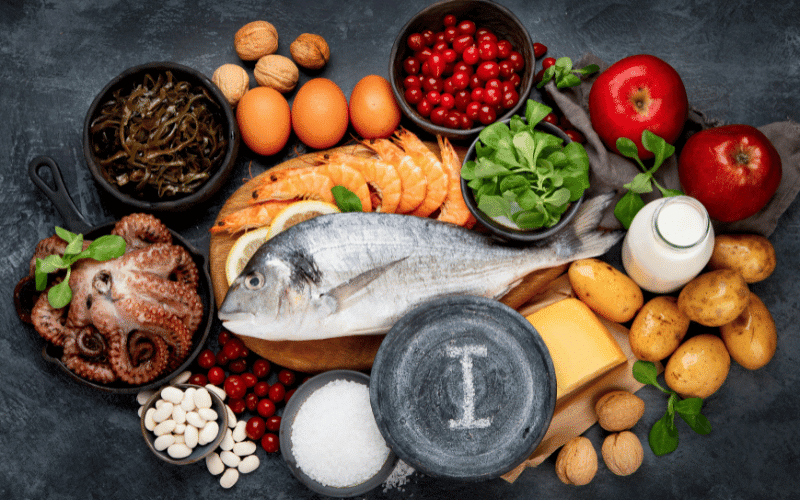Introduction: Navigating the Terrain of Iodine Deficiency among Vegans

In the ever-evolving landscape of nutrition and health, there’s a prominent topic that is generating a significant amount of interest, particularly within vegan communities – iodine deficiency. Iodine deficiency among vegans isn’t just a buzzword that’s been thrown around; it’s an issue that has provoked a series of studies, dietary assessments, and nutritional debates. To get to the crux of this subject, we’ve compiled 15 important facts you need to know about iodine deficiency in vegans.
What is Iodine, and Why Does It Matter?
Iodine may be a trace mineral, but it carries an enormous weight in terms of bodily functions. Its primary role is in the production of thyroid hormones – critical regulators of our metabolism, bone health, and crucially, brain development during pregnancy and infancy.
The caveat? Our bodies don’t have a natural mechanism for producing iodine. That means we have to find it elsewhere – primarily, our diet, or in some cases, supplements.
The problem is, sourcing iodine isn’t as straightforward as one might think. Its presence in food and water is largely determined by environmental factors, which is why it’s found more abundantly in some geographical regions than others. That, coupled with the rise of veganism and the move away from traditional iodine sources like dairy and seafood, makes iodine deficiency an increasingly pertinent issue.
1. The Low Iodine Intake Reality of Vegans

Diving into the first fact, it’s important to highlight the critical nutritional nuances of a vegan diet. Veganism, by all means, is an excellent lifestyle choice with a plethora of health benefits. It is rich in various nutrients, including dietary fiber, antioxidants, and certain vitamins. However, when it comes to iodine, there’s often a deficiency.
The central premise here is that the majority of plant-based foods are not particularly rich in iodine. Vegan diets, while diverse and nourishing in many ways, tend to include foods that naturally carry lower iodine levels. When you pair this with the absence of traditional iodine sources like dairy and seafood, the picture becomes clear: there’s a marked potential for iodine deficiency amongst vegans.
Of course, this isn’t just a theoretical assumption. Research reinforces this point rather emphatically. A study published in the European Journal of Clinical Nutrition found that vegans had markedly lower iodine levels compared to their vegetarian and omnivore counterparts. This study echoed the results of previous research, which suggested that vegans might be at a higher risk of iodine deficiency.
The situation becomes even more critical when we consider specific life stages, such as pregnancy. Iodine plays a crucial role in fetal brain development, making adequate intake during pregnancy non-negotiable. Research from the Journal of Clinical Endocrinology and Metabolism has shown that pregnant vegans may face a particularly heightened risk due to lower iodine intake.
Now, this doesn’t mean that iodine deficiency is a foregone conclusion for those following a vegan diet. However, it does underscore the importance of being proactive. Vegans need to be mindful about their iodine intake and look for ways to incorporate iodine-rich foods, fortified products, or supplements into their diet to ensure optimal health. (1)